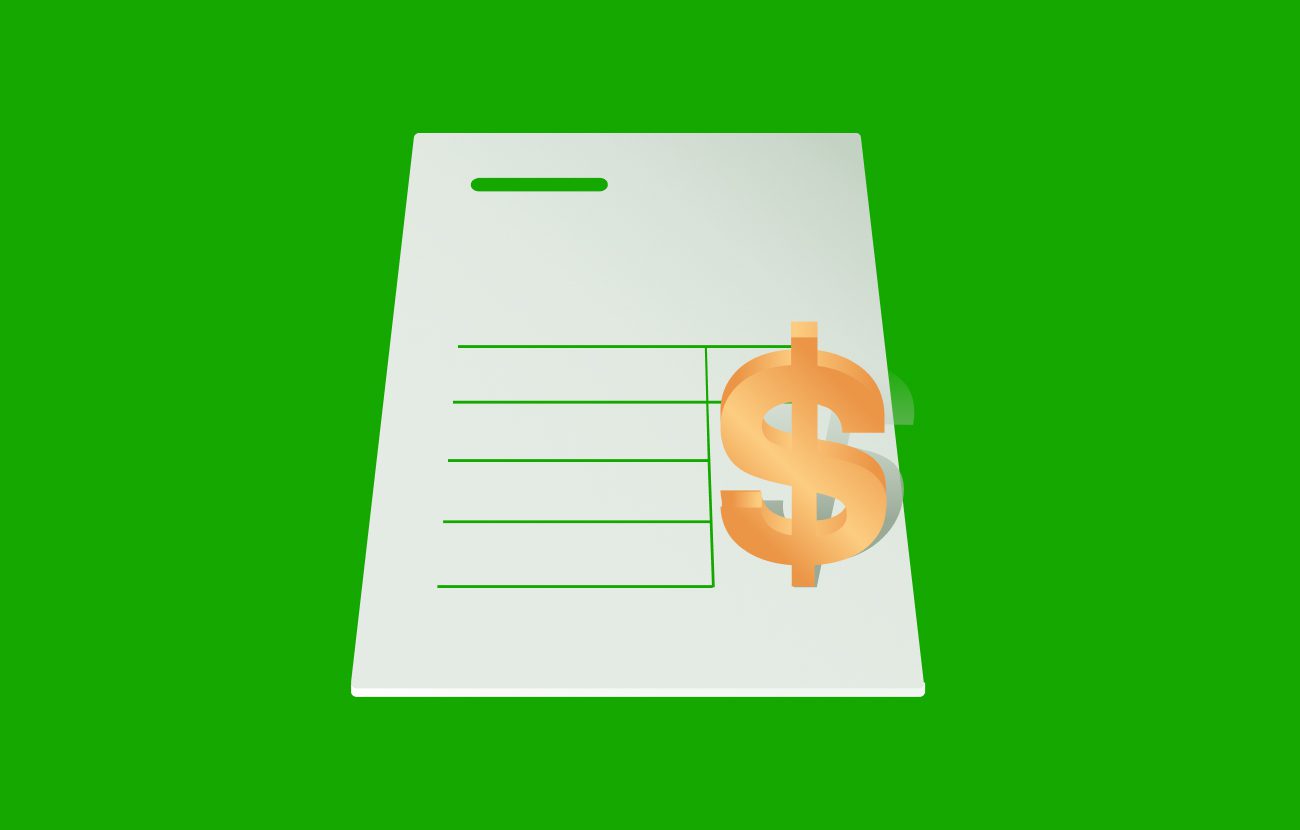Intro:
The outlook for freelancing remains positive. In 2020 and 2021, professionals realized they could work remotely, independently, and from anywhere in the world.
Moreover, freelancing offers several benefits, such as the freedom to set working hours and earn more than one income stream.
An estimated 51 million freelancers identify as solopreneurs. Like small business owners, solopreneurs must remain focused and healthy. Otherwise, their operations can come to a complete stop.
As the freelancing labor sector continues growing, so do the services that cater to freelancers. Independent contractors can enjoy the same benefits as employees; they simply must pay for the benefits themselves.
For example, disability insurance for freelancers exists, and it offers several benefits. The insurance provides income coverage if the freelancer becomes disabled and unable to continue working.
The insurance can cover rent, utilities, and loan payments. Thus, independent contractors must pick the right policy and coverage amount.
We outline five benefits of getting disability insurance for freelancers.
- Establishes a Safety Net
All insurance policies help policyholders establish a safety net against the unexpected.
For example, commercial auto insurance covers drivers and fleet owners against financial losses after accidents. Cyber security insurance covers policyholders against financial losses after digital data breaches.
Disability insurance is an individual policy, and it establishes a safety net for the policyholder. Disabilities can occur at a range of levels. Some individuals can become completely debilitated, causing the policy’s benefits to kick in.
- Covers Income in an Emergency
Solopreneurs are small business owners that run their operations alone. Although solopreneurs don’t hire employees, they still have several responsibilities.
As exciting and worthwhile as the venture is, it also carries sizable risks. Namely, freelancing experiences seasonality. For example, independent contractors who forget to set up their sales pipeline might take an income hit for several days, weeks, or months.
However, sometimes the income hit results from circumstances outside the control of freelancers.
Vehicle collisions can make it difficult for drivers to return to work immediately. Accidents and injuries can happen to freelance construction workers, plumbers, and electricians; they can also happen to writers, tutors, and accountants.
Therefore, disability insurance policies cover income in short- and long-term emergencies.
- Creates a Financial Runway
Some disabilities are not permanent. However, they still impact individuals for lengthy periods. Social security disability insurance takes five months to obtain.
Payouts begin in the sixth month for most cases. Nonetheless, the policy creates a financial runway.
Policies can cover living and business expenses. Therefore, estimate them before purchasing coverage so you’ll receive the adequate amount if you file a claim.
The payouts create a financial runway until freelancers decide what to do next.
- Maintains Financial Stability
Solopreneurs, gig workers, and independent contractors rely on themselves to produce income. Thus, losing the ability to work for a few months can cause financial disarray for the professional.
Ideally, entrepreneurs will establish emergency funds for their businesses and themselves. The funds should cover business and living expenses for three months minimum.
Emergency funds act as bridges until the following income becomes available. In this case, it’s the disability insurance policy. The exact coverage that each freelancer receives depends on the coverage that they purchase.
For example, entrepreneurs can purchase short- or long-term disability insurance. Then, the policy and provider determine how long it takes to receive payouts after filing a claim.
In the best-case scenario, freelancers will receive their first payout before they clean out their emergency funds. Then, the policy will cover the time that independent contractors cannot work.
Most freelancers who have invested in disability insurance and used it can attest that the policy benefits helped them maintain financial stability.
- Claim the Benefits
In some ways, filing insurance claims is an oxymoron. It’s easy to view insurance as an expense since it doesn’t provide a payout unless something goes wrong.
However, the insurance policy covers the policyholder against financial losses if an incident occurs.
Target bounced back after the hacker data breach during Black Friday 2013. Small businesses and solopreneurs will have more difficulty surviving that kind of incident.
Therefore, if the need arises, freelancers can claim the benefits.
Conclusion
Freelancers must make several investments in their businesses and selves, such as purchasing bundles of insurance policies. Among the policies freelancers should purchase is disability, which offers several benefits.

